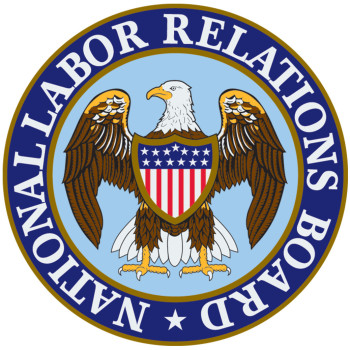Two launches early today
Both China and the American company ULA successfully completed launches since yesterday.
First, China placed the third satellite in an new Earth observation constellation, its Long March 4B rocket lifting off from its Taiyuan spaceport in northeast China.
Developed by the China Academy of Space Technology, the satellite will join the Ziyuan III 02 and 03 satellites already in orbit to form a high-precision observation constellation. Equipped with a stereoscopic mapping camera, multispectral camera, and laser altimeter, it will capture high-resolution 3D imagery critical for geographic data collection and natural resource management.
It appears however that this constellation is used by China’s military, so I suspect its purposes do not exactly match this description. China’s state-run press also provided no information as to where the rocket’s lower stages, using very toxic hypergolic fuels, crashed inside China.
Next, ULA launched another 27 Leo satellites for Amazon, its Atlas-5 rocket lifting off from Cape Canaveral in Florida. Amazon now has 181 satellites in orbit, with a requirement to get about 1,600 in orbit by July 2026 to meet its FCC license obligations. As it took about eight months to get those first 181 satellites into space (with SpaceX launching 72), Amazon’s three launch providers, ULA (42 launches), Arianespace (18 launches), and Blue Origin (27 launches), will have to ramp up their launch rate significantly to get even close to meeting those obligations in the next six months. There is also a question whether Amazon can manufacture enough satellites at a fast enough pace for those rockets.
As for the rocket, ULA now has only ten Atlas-5 rocket left in stock, with four reserved for Leo launches and six for Boeing’s Starliner manned capsule.
This was also ULA’s sixth launch in 2025. The leaders in the 2025 launch race:
166 SpaceX
84 China (a new record)
16 Rocket Lab
15 Russia
SpaceX now leads the rest of the world in successful launches, 166 to 138.
Both China and the American company ULA successfully completed launches since yesterday.
First, China placed the third satellite in an new Earth observation constellation, its Long March 4B rocket lifting off from its Taiyuan spaceport in northeast China.
Developed by the China Academy of Space Technology, the satellite will join the Ziyuan III 02 and 03 satellites already in orbit to form a high-precision observation constellation. Equipped with a stereoscopic mapping camera, multispectral camera, and laser altimeter, it will capture high-resolution 3D imagery critical for geographic data collection and natural resource management.
It appears however that this constellation is used by China’s military, so I suspect its purposes do not exactly match this description. China’s state-run press also provided no information as to where the rocket’s lower stages, using very toxic hypergolic fuels, crashed inside China.
Next, ULA launched another 27 Leo satellites for Amazon, its Atlas-5 rocket lifting off from Cape Canaveral in Florida. Amazon now has 181 satellites in orbit, with a requirement to get about 1,600 in orbit by July 2026 to meet its FCC license obligations. As it took about eight months to get those first 181 satellites into space (with SpaceX launching 72), Amazon’s three launch providers, ULA (42 launches), Arianespace (18 launches), and Blue Origin (27 launches), will have to ramp up their launch rate significantly to get even close to meeting those obligations in the next six months. There is also a question whether Amazon can manufacture enough satellites at a fast enough pace for those rockets.
As for the rocket, ULA now has only ten Atlas-5 rocket left in stock, with four reserved for Leo launches and six for Boeing’s Starliner manned capsule.
This was also ULA’s sixth launch in 2025. The leaders in the 2025 launch race:
166 SpaceX
84 China (a new record)
16 Rocket Lab
15 Russia
SpaceX now leads the rest of the world in successful launches, 166 to 138.

